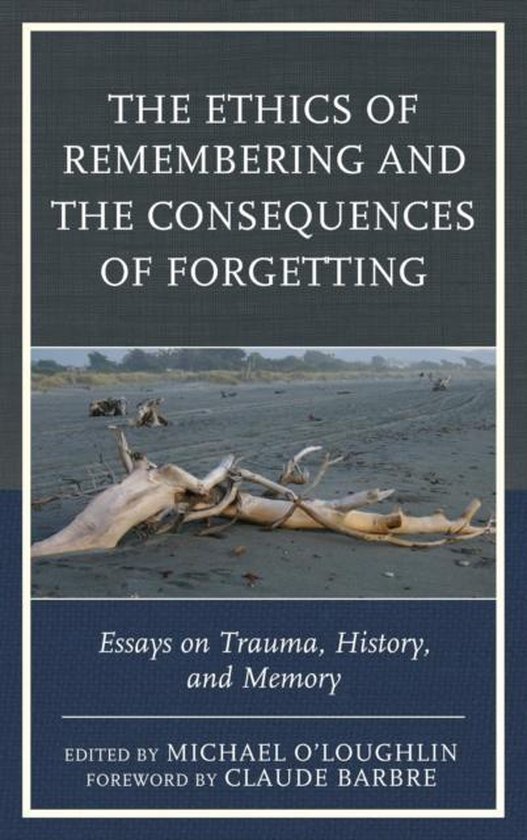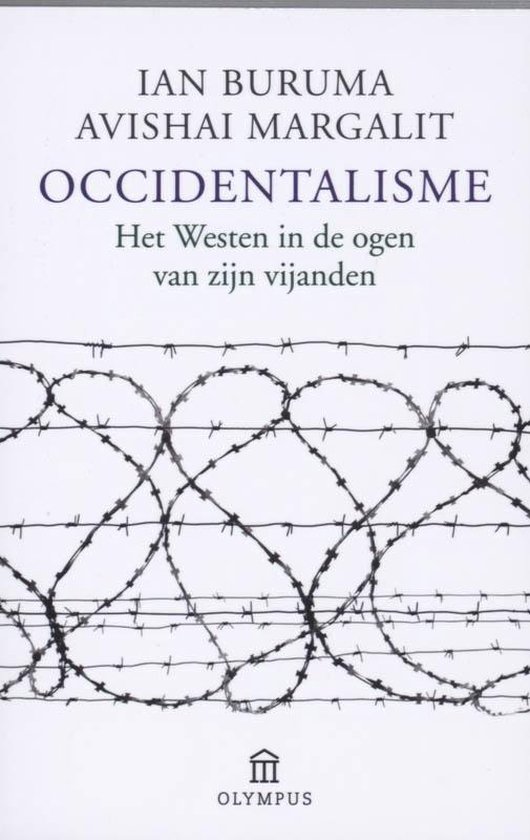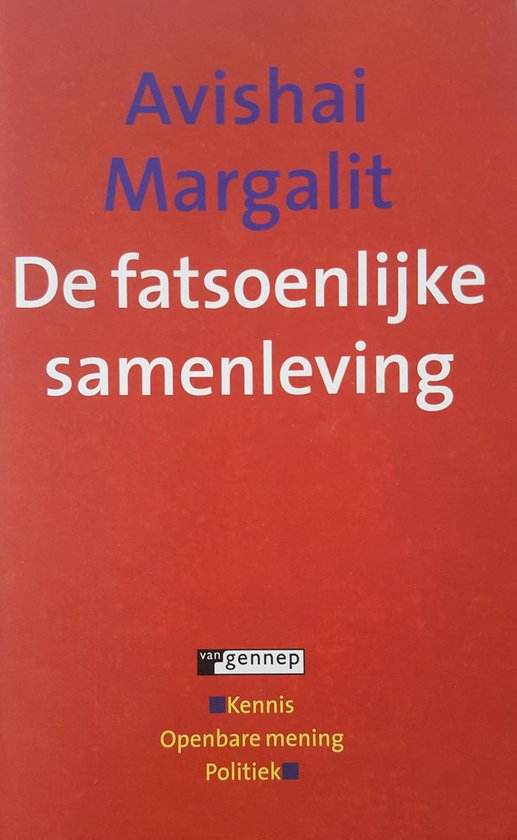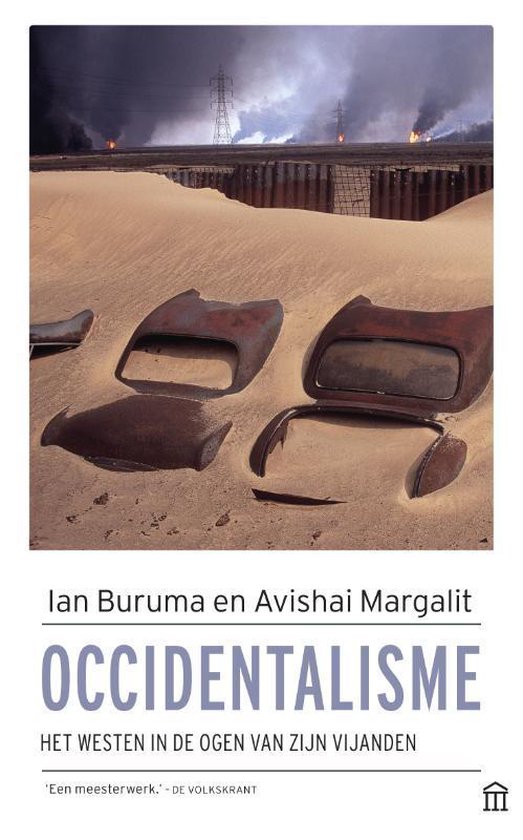
The Ethics of Remembering and the Consequences of Forgetting
The Ethics of Remembering and the Consequences of Forgetting brings together scholars from a variety of disciplines to address intersections of trauma, history, and memory. Methodologies include personal narrative, auto-ethnography, micro-history, psychosocial studies, critical theory, psychoanalysis, film/art criticism, and historical inquiry.
The Ethics of Remembering and the Consequences of Forgetting: Essays on Trauma, History, and Memory brings together scholars from a variety of disciplines that draw on multiple perspectives to address issues that arise at the intersection of trauma, history, and memory. Contributors include critical theorists, critical historians, psychoanalysts, psychotherapists, and a working artist. The authors use intergenerational trauma theory while also pushing and pulling at the edges of conventional understandings of how trauma is defined. This book respects the importance of the recuperation of memory and the creation of interstitial spaces where trauma might be voiced. The writers are consistent in showing a deep respect for the sociohistorical context of subjective formation and the political importance of recuperating dangerous memory—the kind of memory that some authorities go to great lengths to erase. The Ethics of Remembering and the Consequences of Forgetting is of interest to critical historians, critical social theorists, psychotherapists, psychosocial theorists, and to those exploring the possibilities of life as the practice of freedom.
The Ethics of Remembering and the Consequences of Forgetting: Essays on Trauma, History, and Memory brings together scholars from a variety of disciplines that draw on multiple perspectives to address issues that arise at the intersection of trauma, history, and memory. Contributors include critical theorists, critical historians, psychoanalysts, psychotherapists, and a working artist. The authors use intergenerational trauma theory while also pushing and pulling at the edges of conventional understandings of how trauma is defined. This book respects the importance of the recuperation of memory and the creation of interstitial spaces where trauma might be voiced. The writers are consistent in showing a deep respect for the sociohistorical context of subjective formation and the political importance of recuperating dangerous memory—the kind of memory that some authorities go to great lengths to erase. The Ethics of Remembering and the Consequences of Forgetting is of interest to critical historians, critical social theorists, psychotherapists, psychosocial theorists, and to those exploring the possibilities of life as the practice of freedom.
| Auteur | | Ricardo Ainslie |
| Taal | | Engels |
| Type | | Hardcover |
| Categorie | | Persoonlijke ontwikkeling & Mindfulness |





